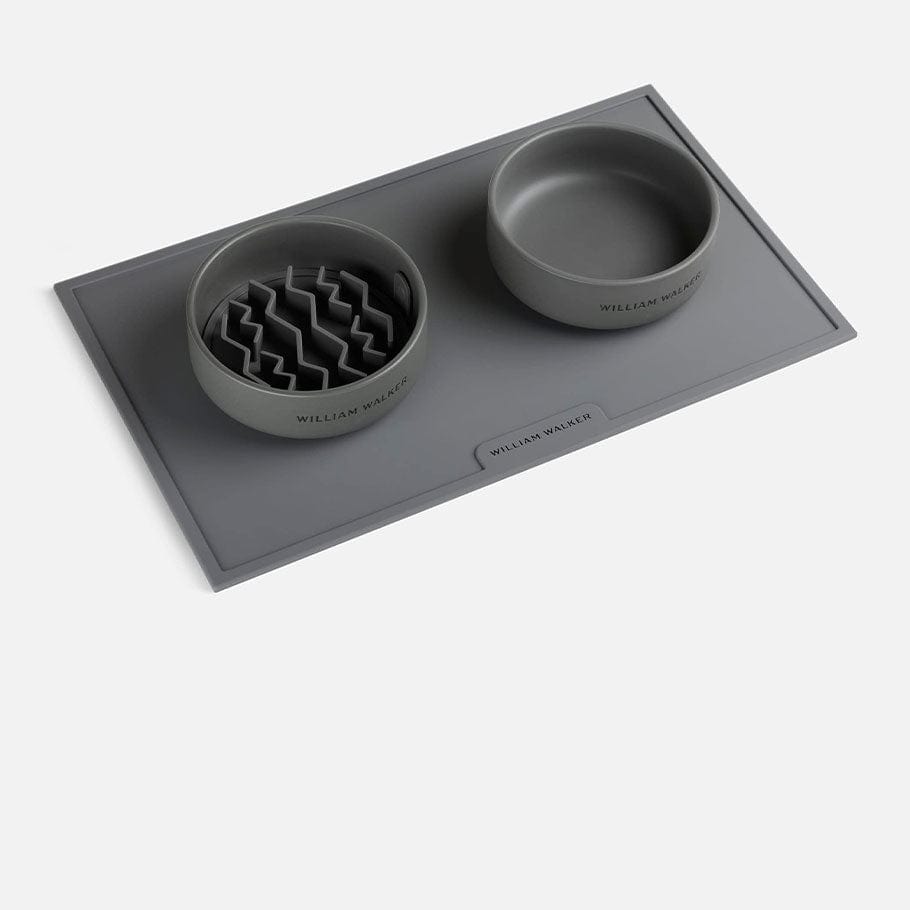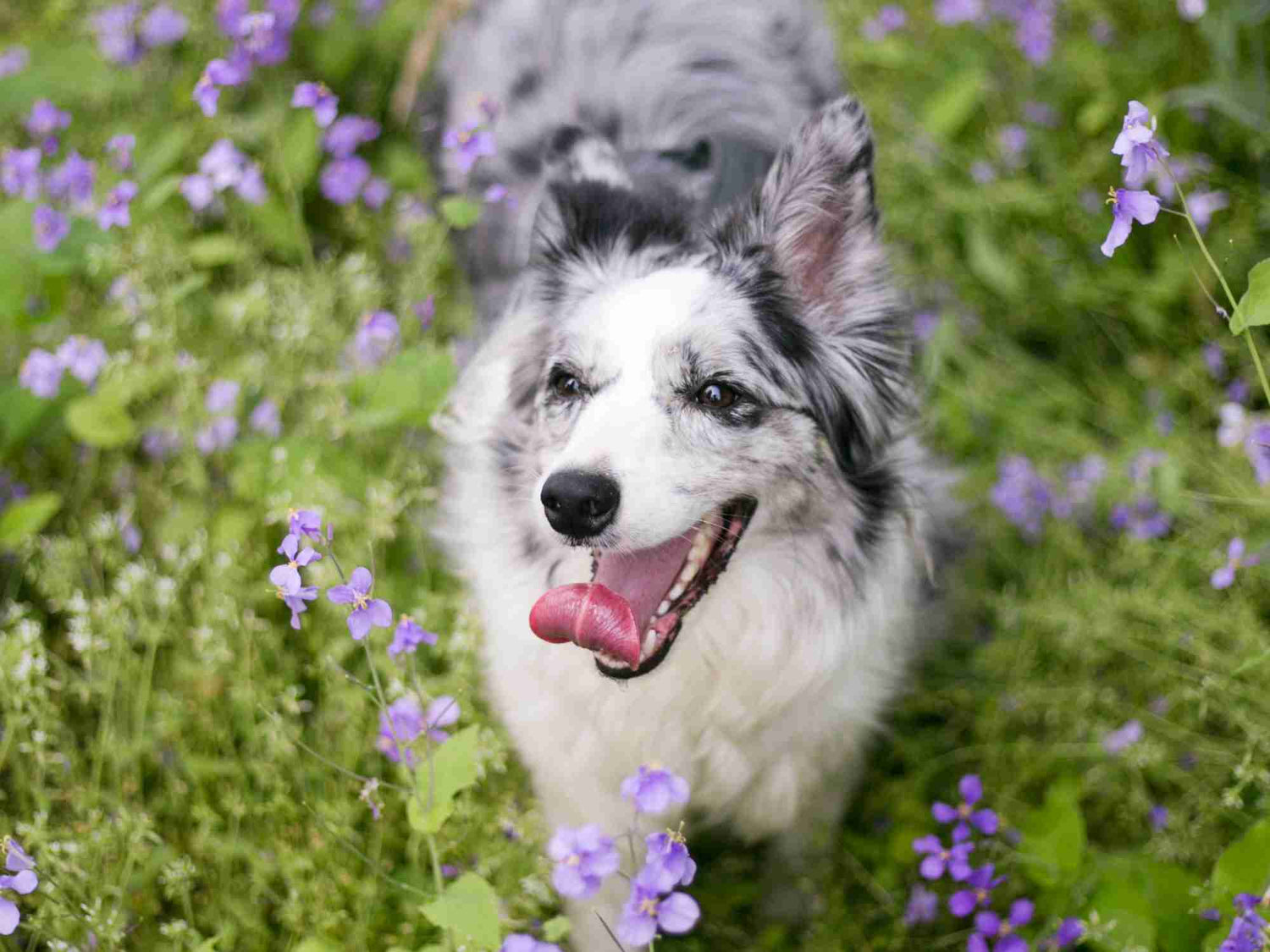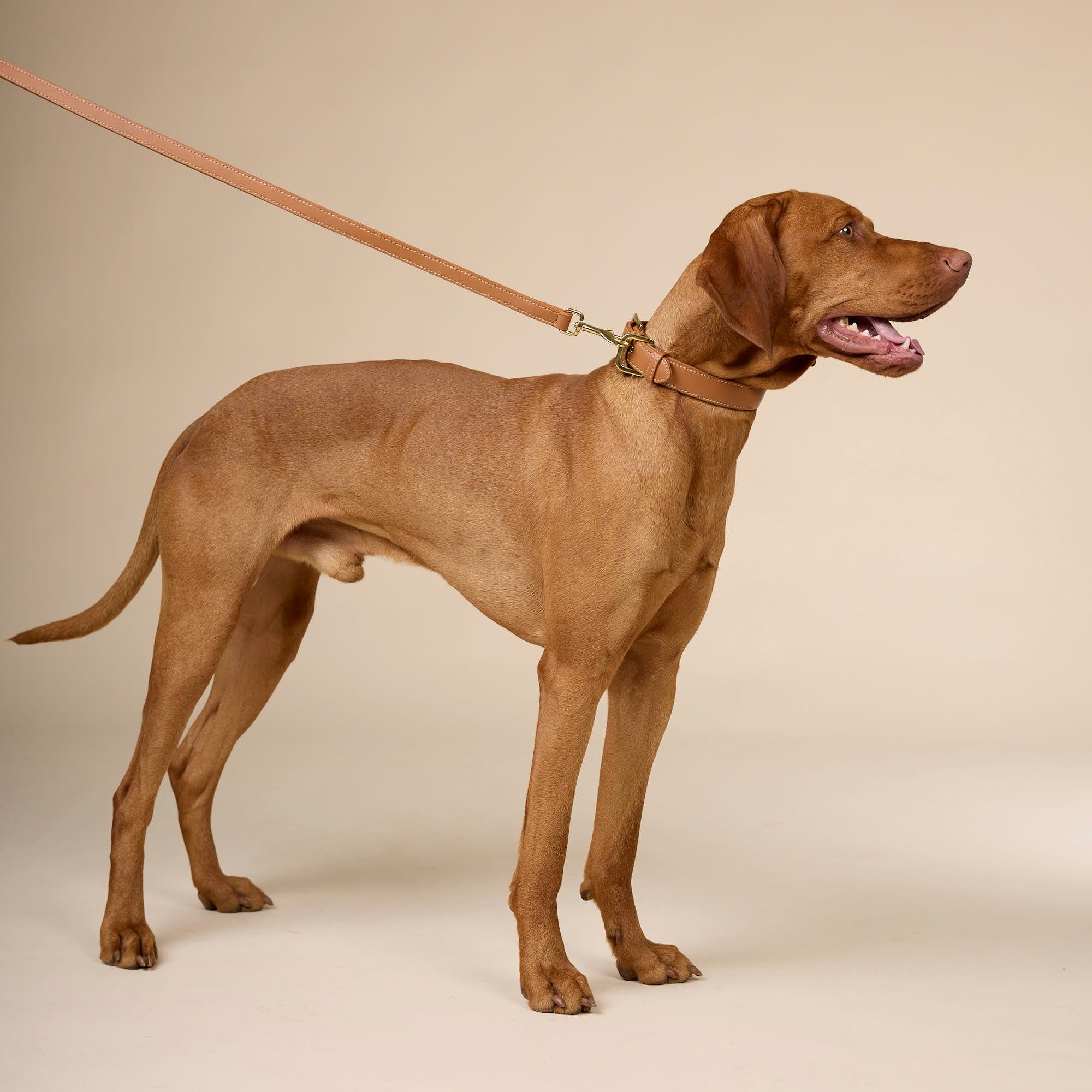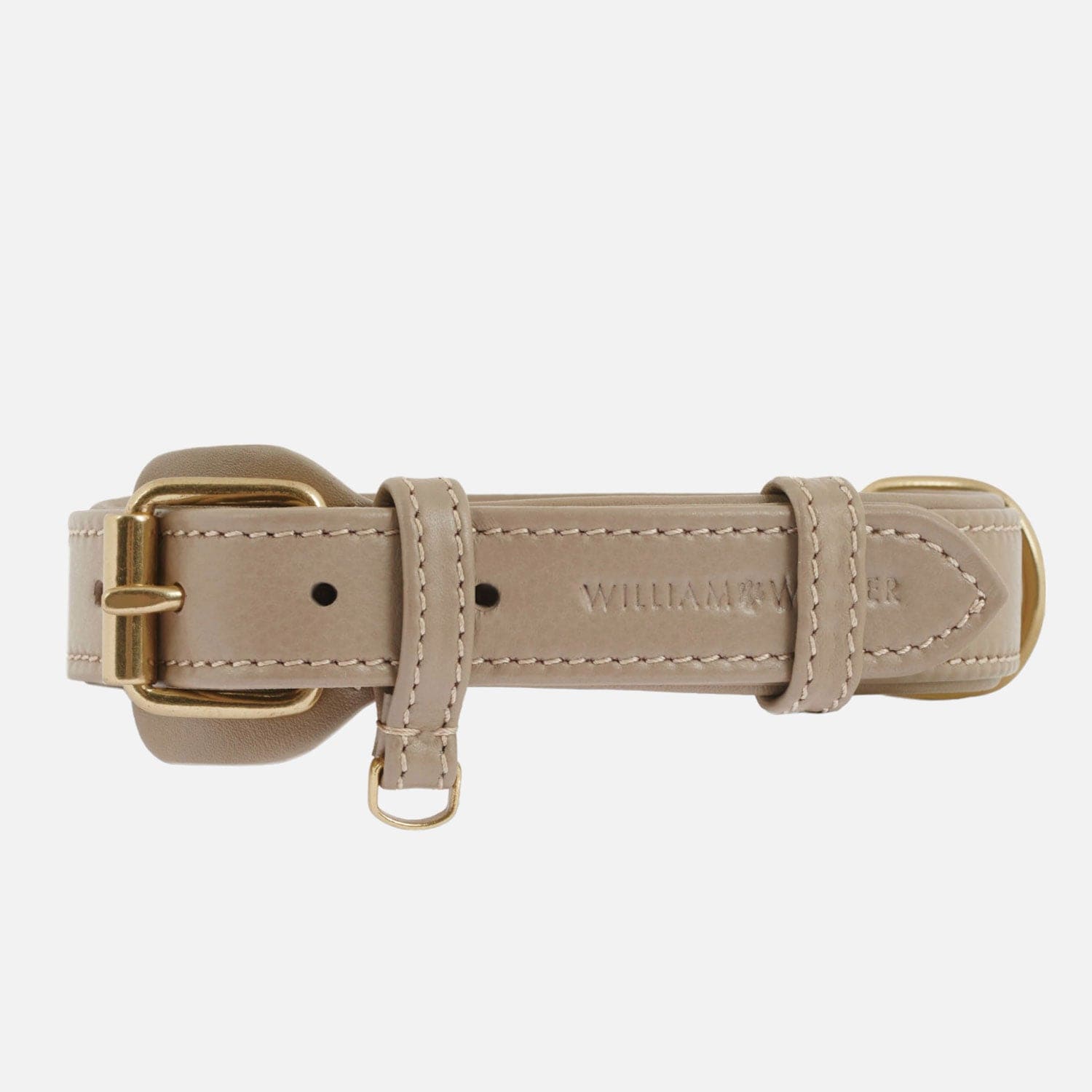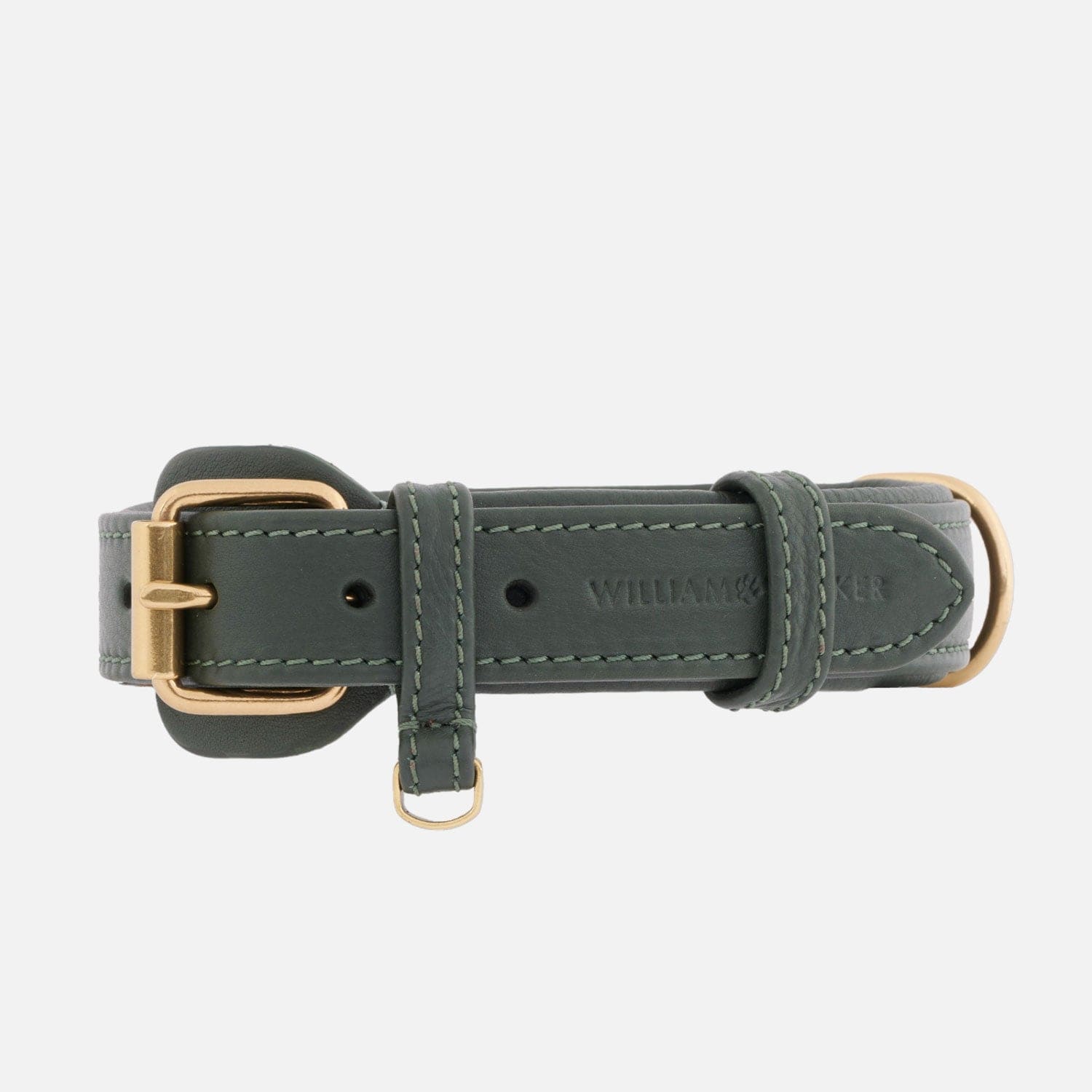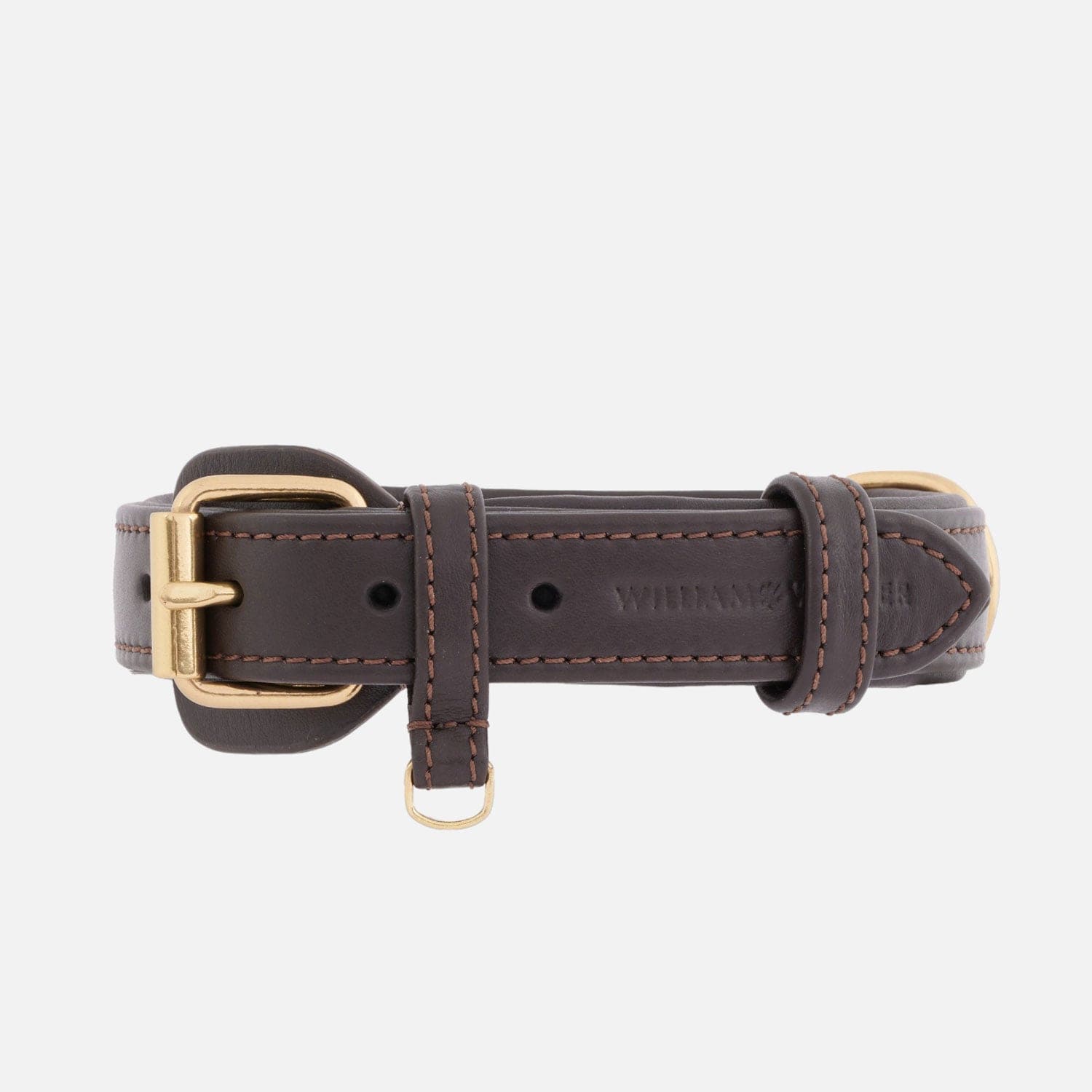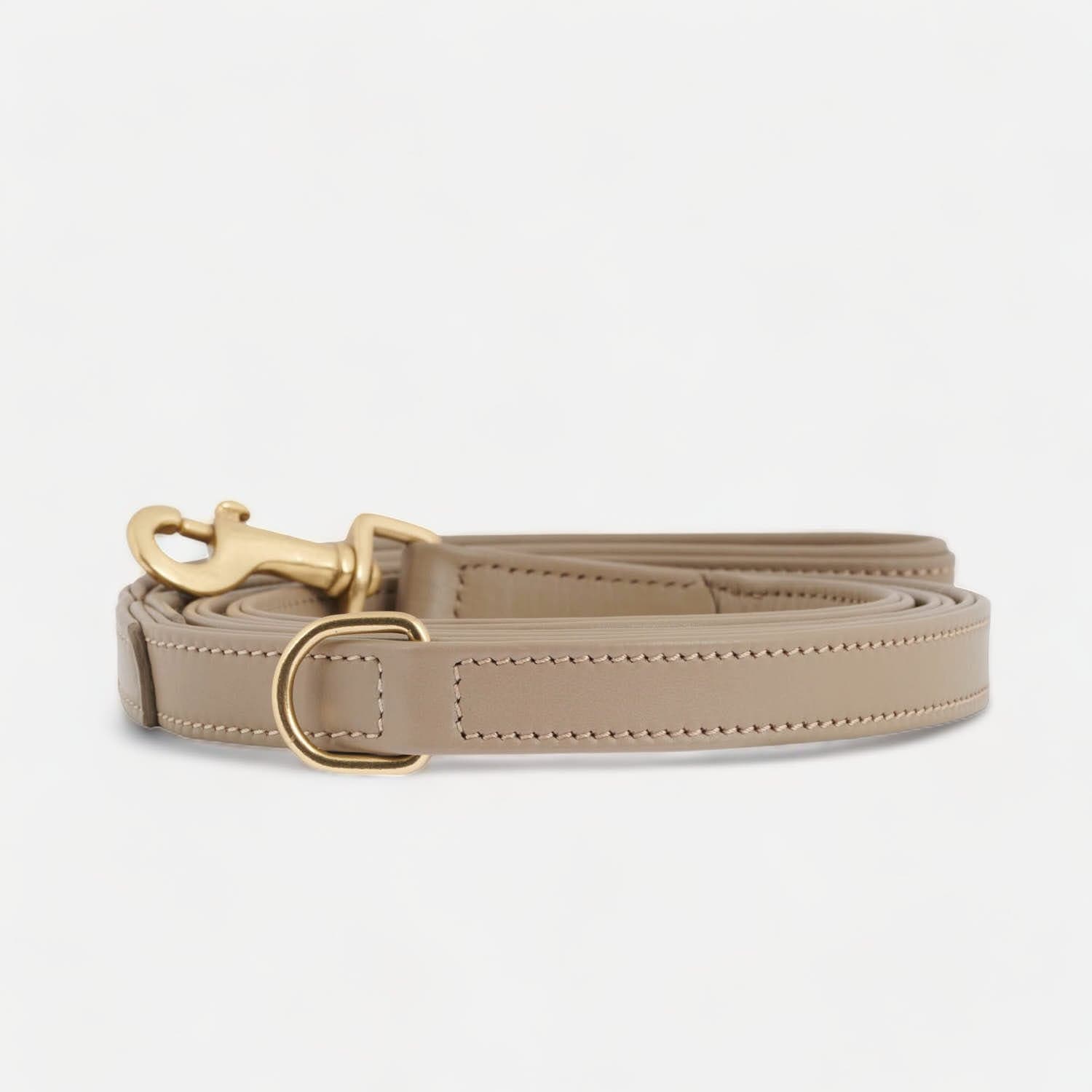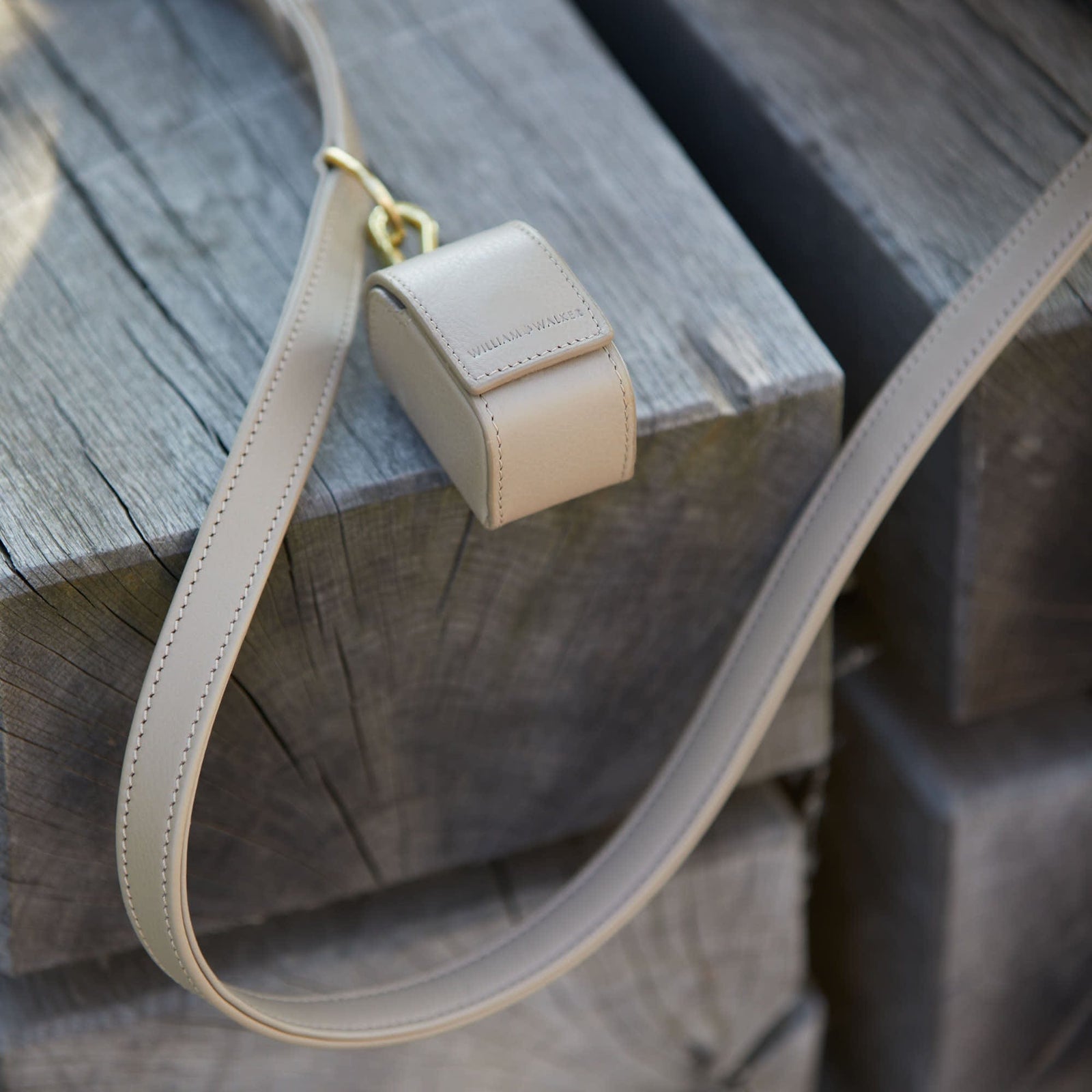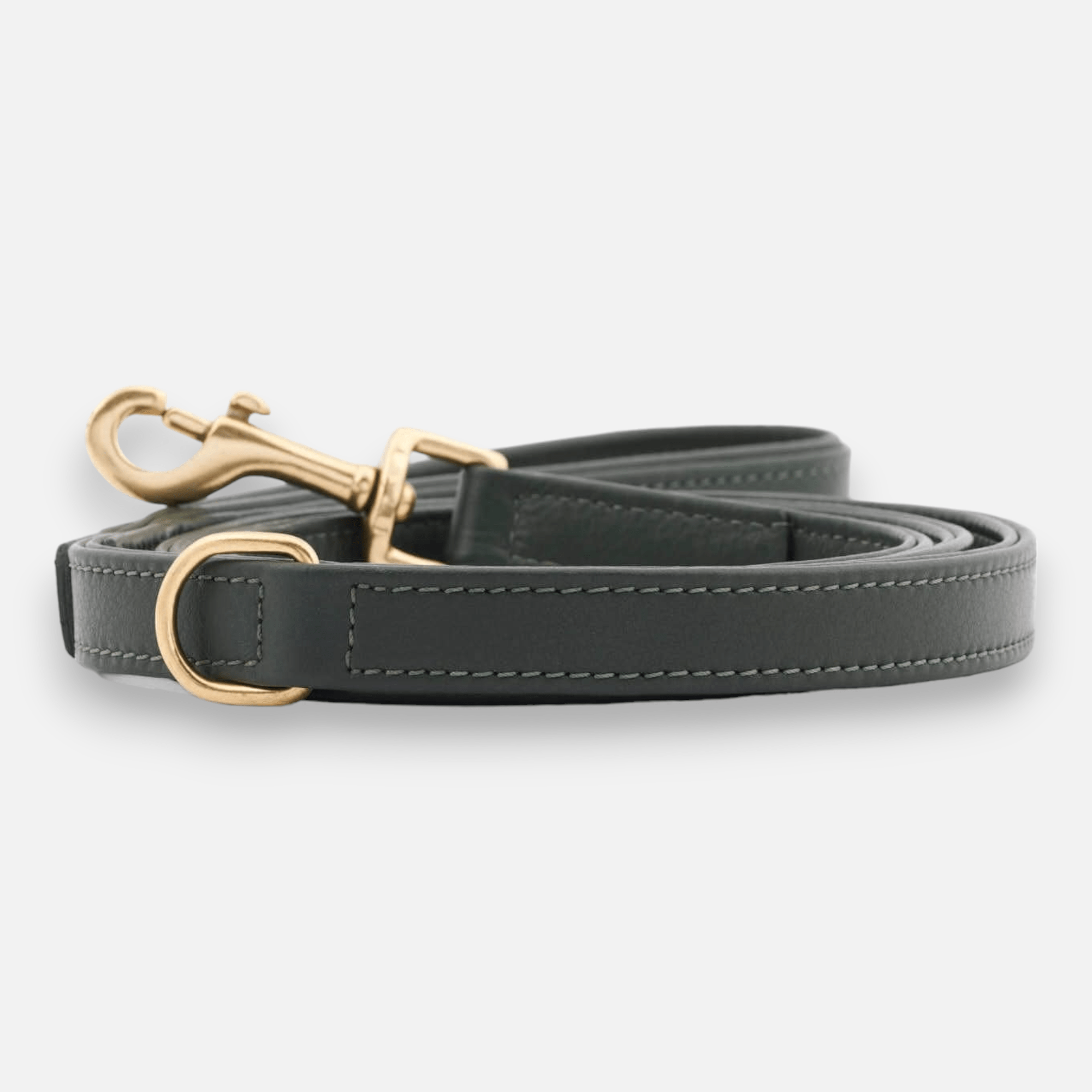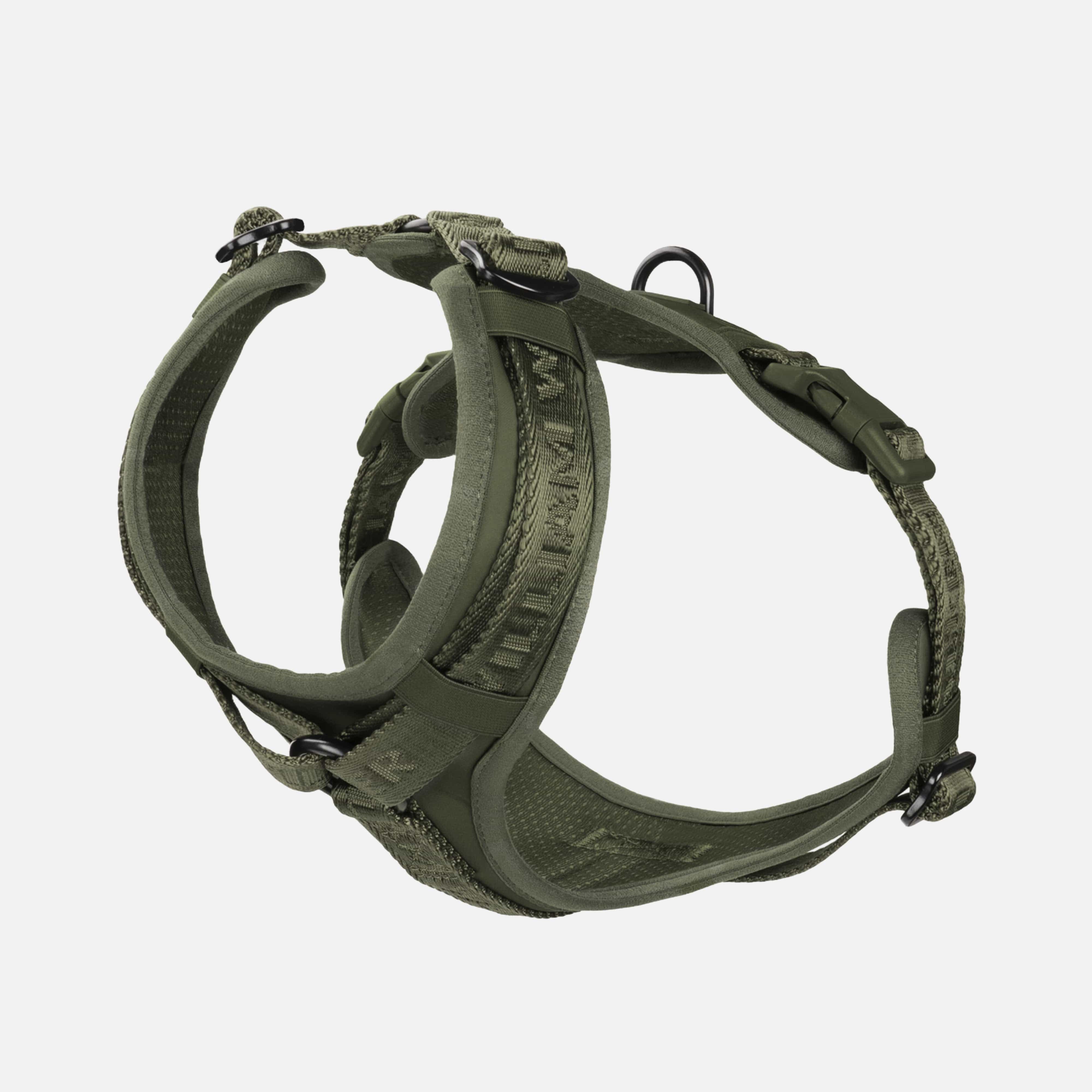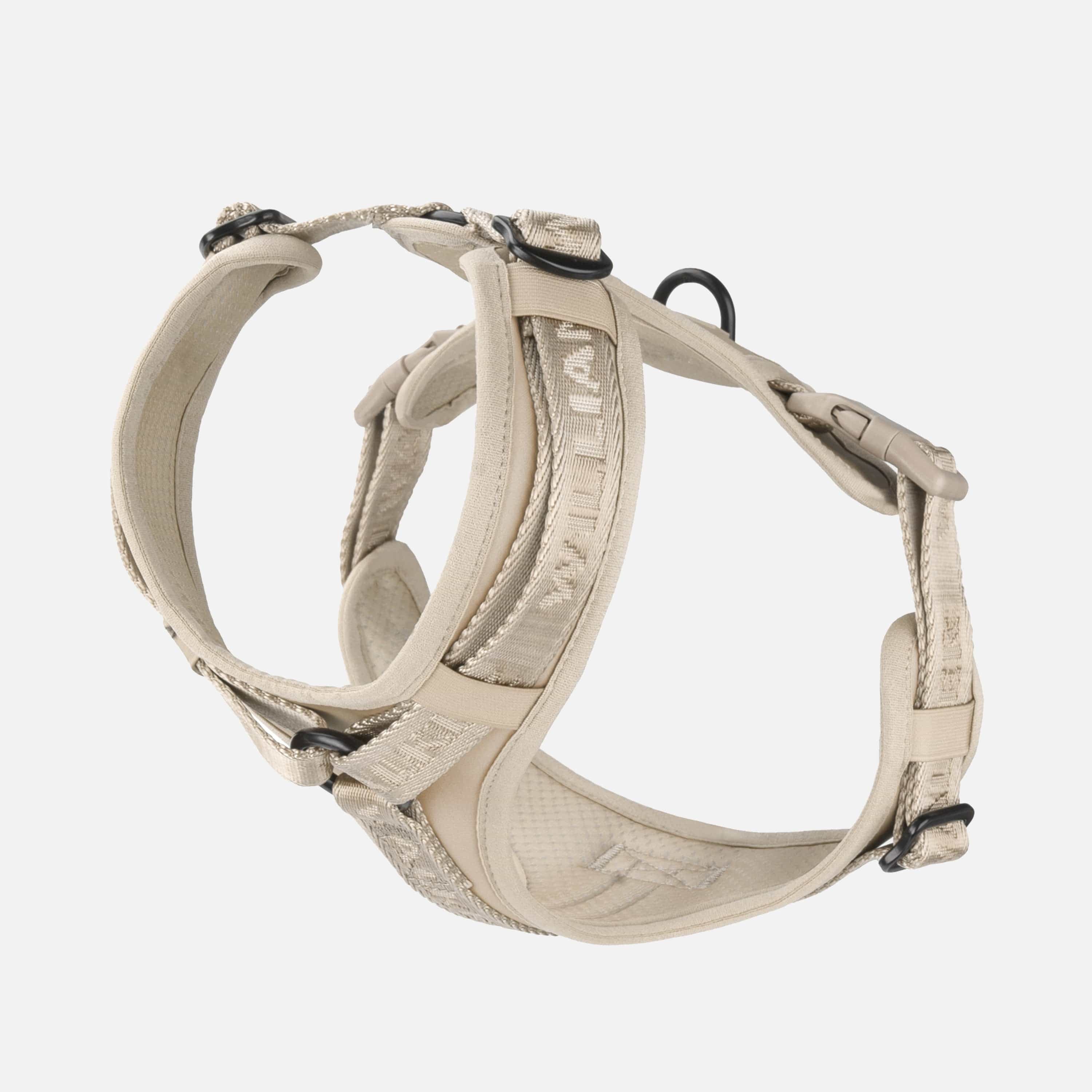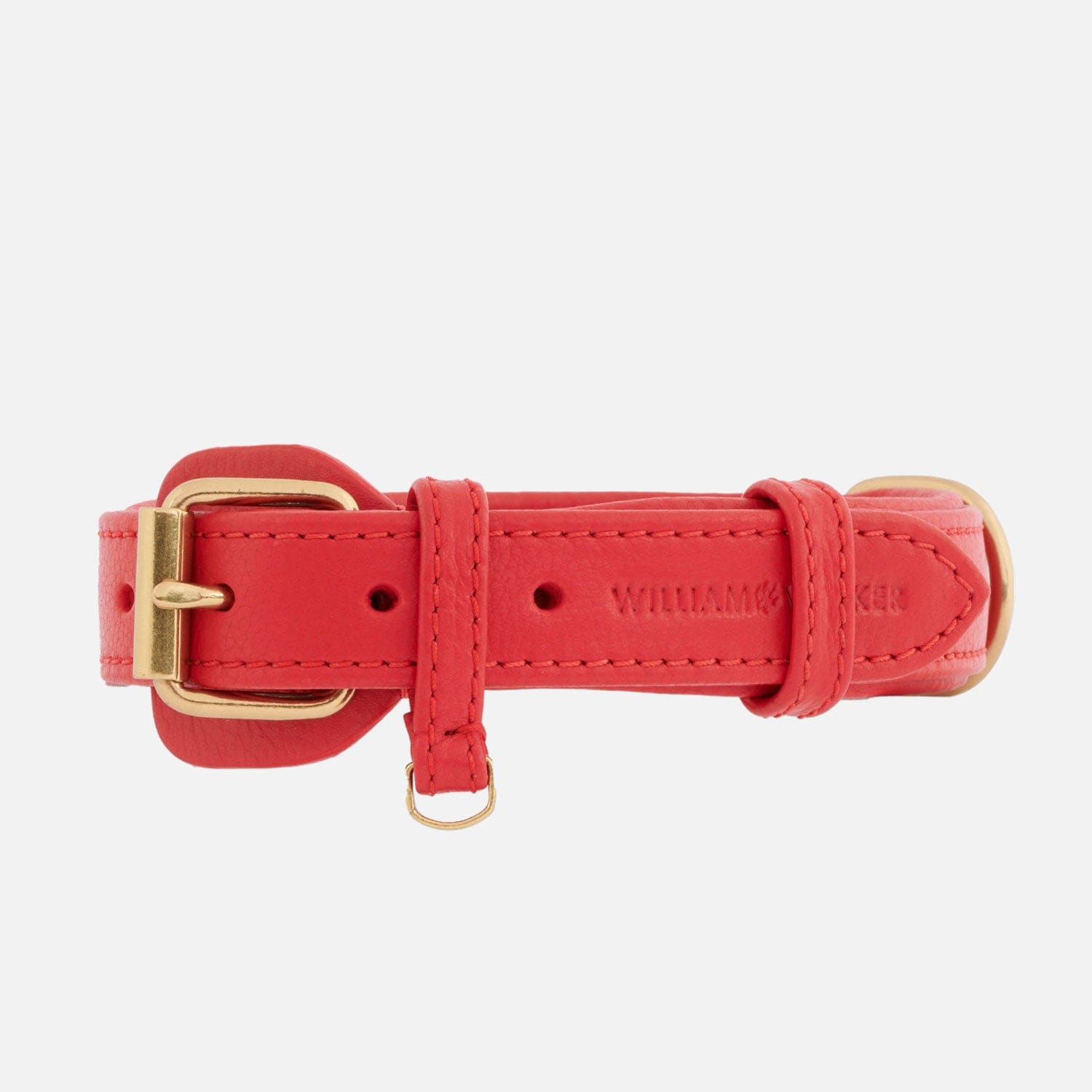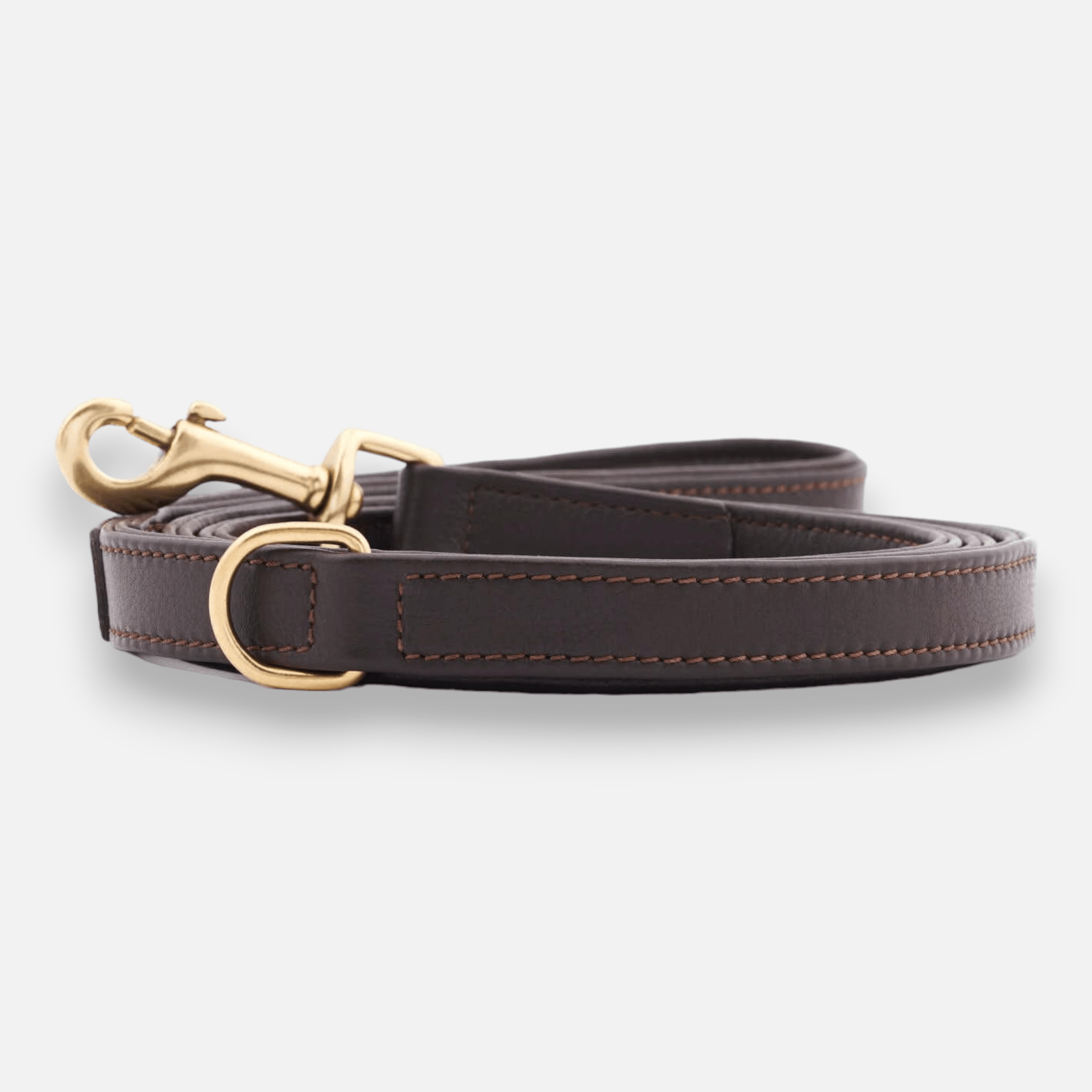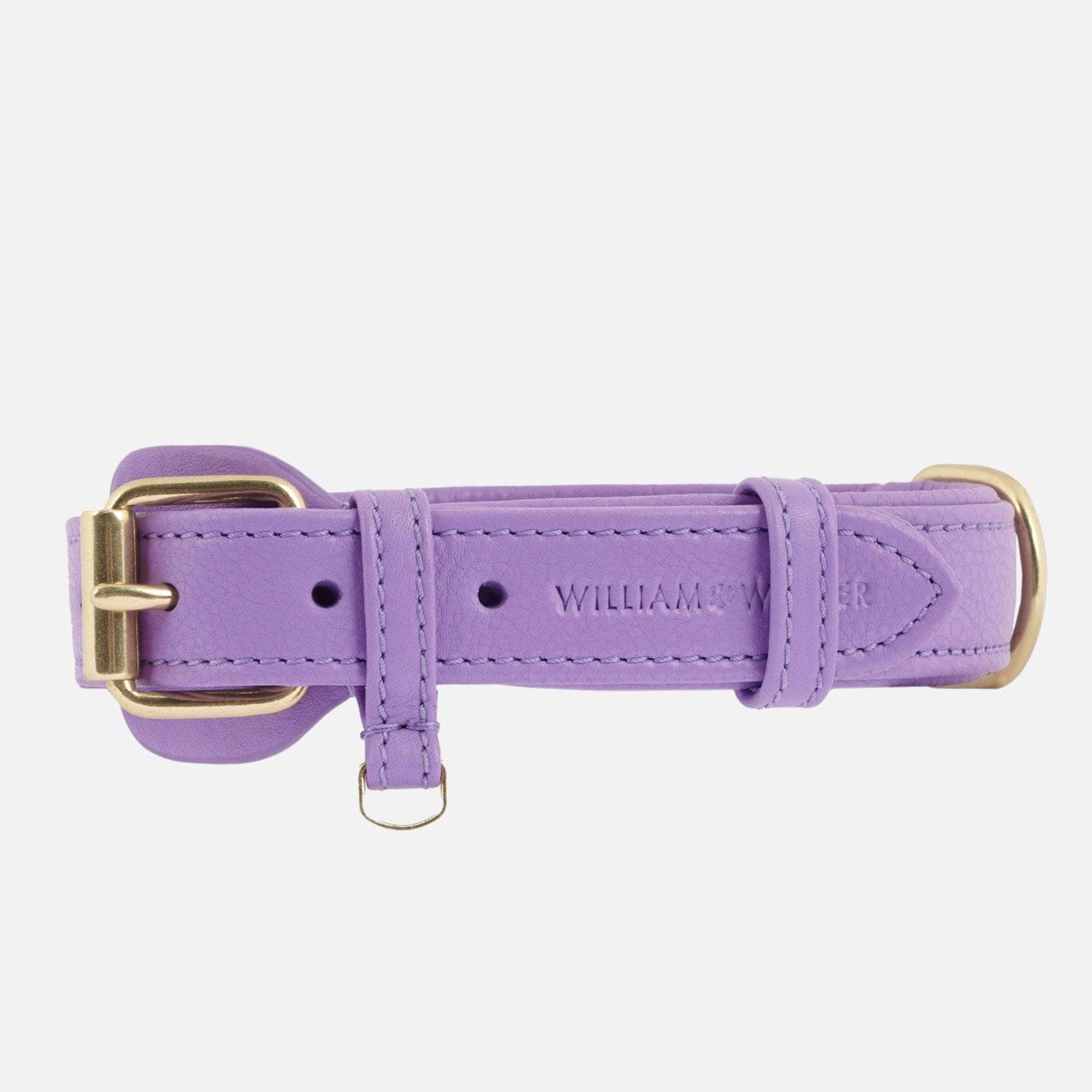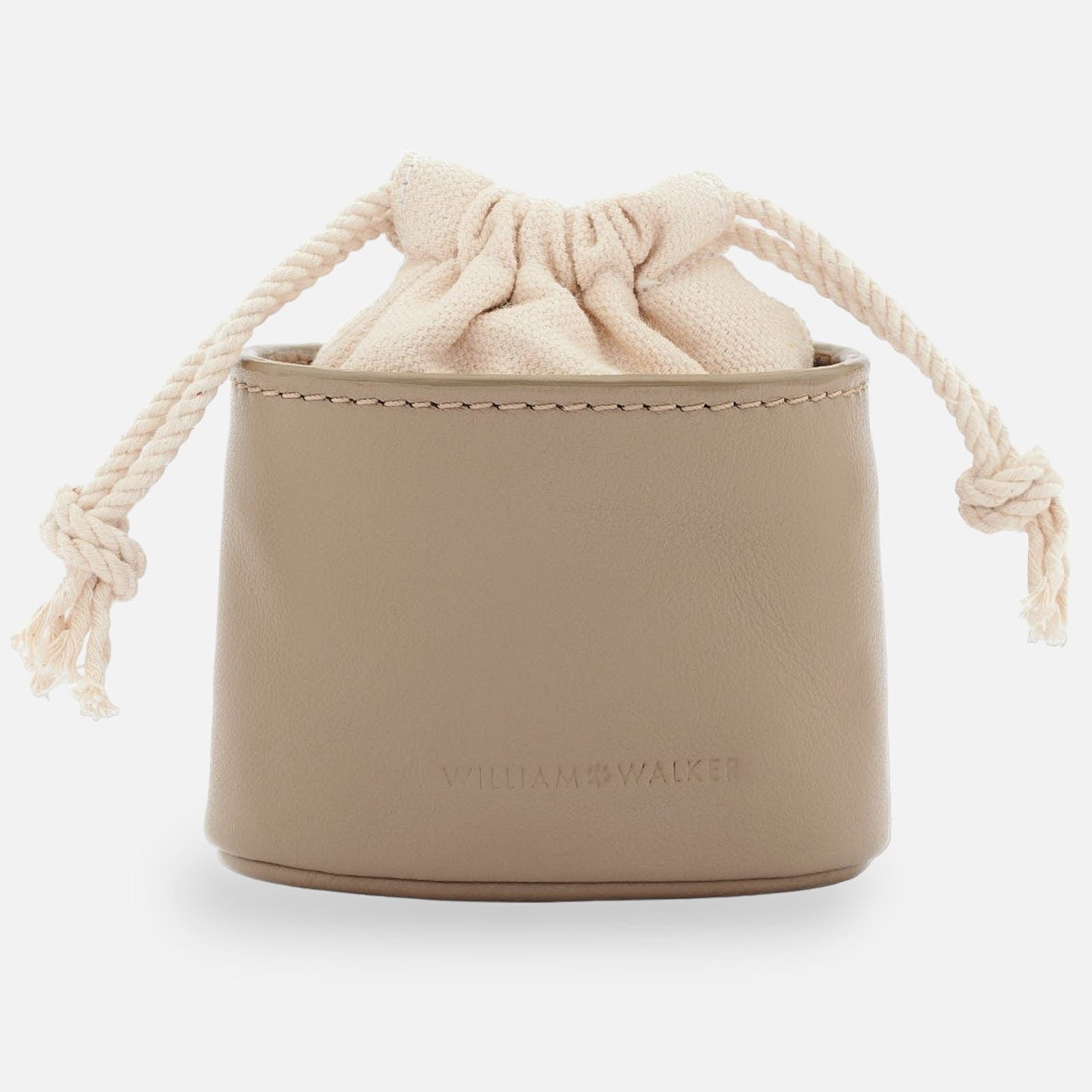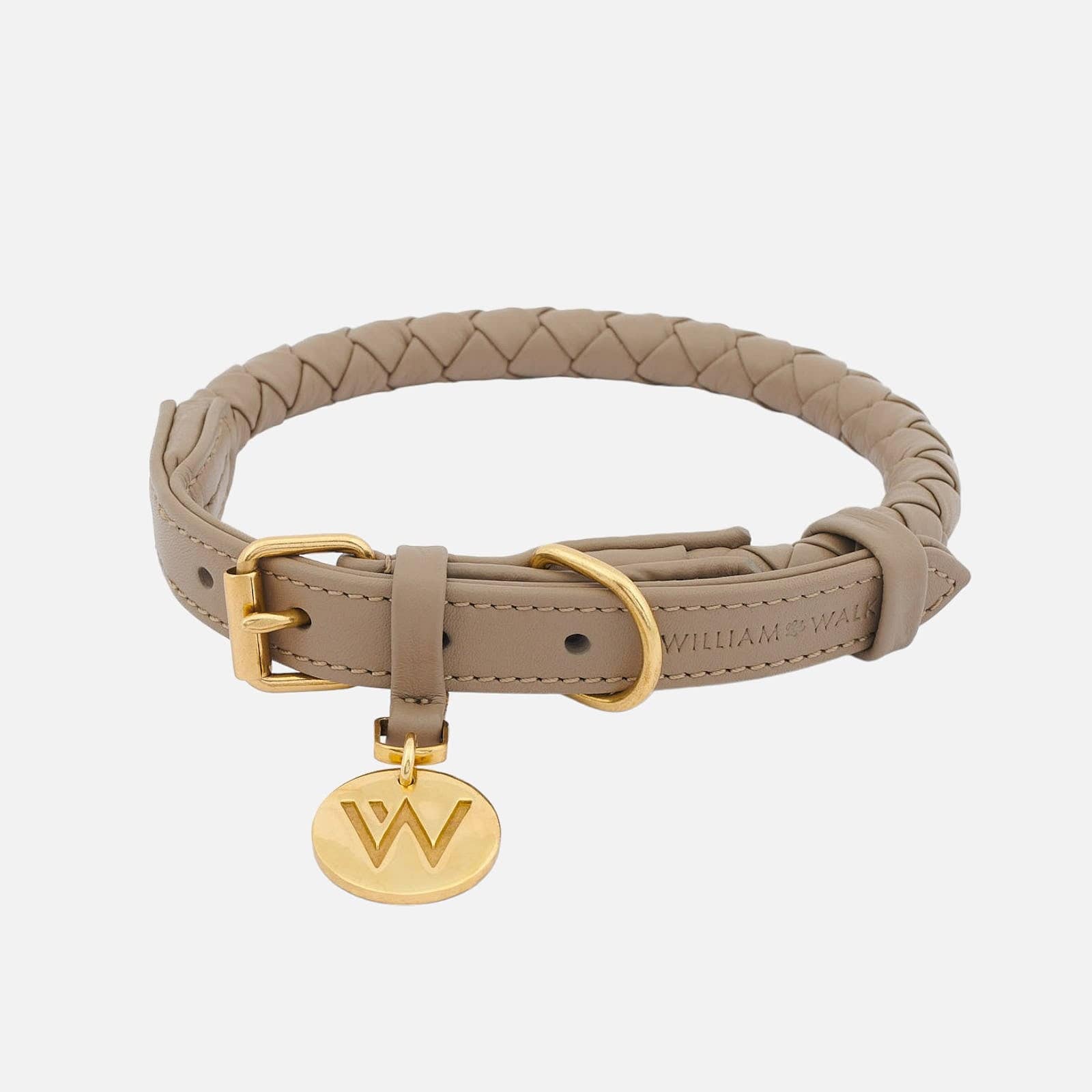
The spring awakening brings new freshness to the flower and herb beds and nature shows what it has to offer. Not only in the kitchen, for seasoning and refining, herbs are essential, but also in medicine they are indispensable. Whether in conventional medicine or in alternative healing methods - the various herbs are considered green magic. And this has been the case since the beginning of mankind. And that is not without reason. They are full of minerals, vitamins and trace elements, act against a wide variety of complaints and usually taste well combined super delicious. Many of the healing plants are just as beneficial for our four-legged friends as they are for us humans. Especially in the Barf feeding they play an elementary role - they provide a balanced ratio between calcium and phosphorus. But also for other types of feeding the healing herbs are suitable as a dietary supplement, cure or used specifically against complaints from the inside and outside. The best part about herbalism is that many of the shrubs and plants grow right outside our front door or are super easy to grow in raised beds. Today we at William Walker are sharing our top 3 herbs for dog diets.
Nettle for Dogs
From childhood days stinging nettle is known as a nasty herb, causing itching and burning on the skin. Hard to imagine that this plant has incredibly beneficial powers. It has many different secret weapons such as tannins, histamine, potassium, calcium, iron, silicic acid and vitamins A, C and B2. As a result it has a positive effect on metabolism, kidney function, blood formation, gastrointestinal tract and bladder. It flushes inflammations from the body and helps against allergies. That is why it is often used as a cure before spring against pollen and as an immune booster in winter, but it can also be fed in small amounts daily. For dogs with chronic inflammation, nettle should be on the daily menu. Dried nettles or tea are best for this purpose.
Daisies for dogs
Now in spring, daisies are making their annual comeback. They are not only pretty to look at, but incredibly healthy for our four-legged friends. They can easily be fed raw (without stems) or dried as a tea. The small flowers contain many important bitter substances, tannins, as well as vitamins A and C and vegetable protein. The saponins present help against cold symptoms and strengthen the natural functions of the respiratory tract. Daisies also have a cleansing effect, which has a positive effect on the organs and makes the dog's coat shine. They can be used as a cure, daily or acutely against cold symptoms. However, they should be used sparingly, as they stimulate the appetite in some dogs.
Dandelion for dogs
Many dogs get the idea to eat the beneficial herb in the garden all by themselves, others do not like it so much because of the bitter substances. Dried or finely chopped the leaves can be wonderfully mixed in the food. The bitter, tannic and mineral substances contained stimulate the metabolism and digestion and detoxify the kidneys and liver. The numerous vitamins and nutrients in dandelion have a positive effect on the entire organism. Dandelion is said to have a detoxifying effect, which can work wonders for dogs with chronic inflammation, e.g. of the musculoskeletal system, if fed regularly. The healing herb supports sickening dogs in recovery and can prevent diseases and colds when fed as a cure.
The power of nature is often underestimated and resorted to artificially produced drugs. Of course animal herbalism does not replace a trip to the vet. However, it can support recovery processes, be used for minor ailments or act prophylactically. In addition, the delicious herbs bring variety and spring fever in the dog bowl. Take a look at our spring recipes - here you will also find one or the other herb mentioned above in the dog bowl. And if you can't find the time and just need to make it quick, our William Walker Oils will help with a healthy and balanced natural-based dog diet.
If you now feel the need to go out and collect these great herbs for your dog remember not to collect the plants from roadsides, as exhaust and dirt pollution can be very high here. Dog parks, where lots of dogs do their business, are also not ideal for herb supermarkets.
We at William Walker hope that we could give you some helpful tips and wish you and your four-legged friend a great start into spring!
From Louisa Knoll







